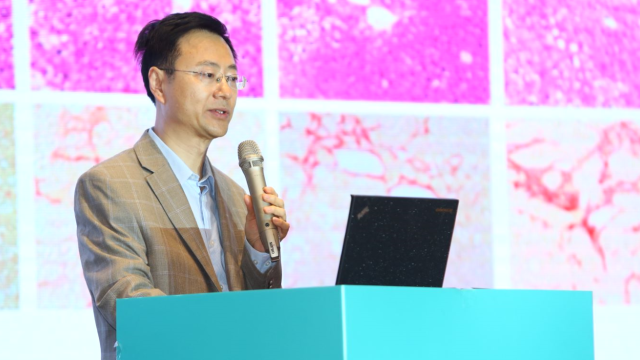Gut microbiome - bile acid its impact on liver cancer development
Bile acids are critical components of the gastrointestinal tract that link the gut microbiota to hepatic and intestinal metabolism and therefore influence gastrointestinal motility, intestinal permeability, and carcinogenesis. The gut microbiota regulates bile acid production and signalling via the biotransformation of intestinal bile acids to unconjugated and secondary forms that readily activate bile acid receptors. Bile acids are also ligands for the G protein-coupled bile acid receptor 1 (TGR5) and for the nuclear hormone receptor farnesoid X receptor (FXR). The profiles of bile acids and gut microbiota influence each other; bile acids can modulate microbiota composition, which in turn regulates the size and composition of the bile acid pool. Disruption of bile acid–microbiota crosstalk promotes inflammation and a gastrointestinal disease phenotype, which can contribute to the development of gastrointestinal cancers, including colorectal cancer and hepatocellular carcinoma (HCC). This presentation will discuss our recent population and animal studies on the gut microbiome – bile acid crosstalk and its role in the development of HCC. We would also highlight that the modulation of gut microbiota and bile acid profiles holds promise as a novel therapeutic approach for the treatment of gastrointestinal cancers and represents the next frontier for gastrointestinal cancer research.
贾伟 时长:24:42


